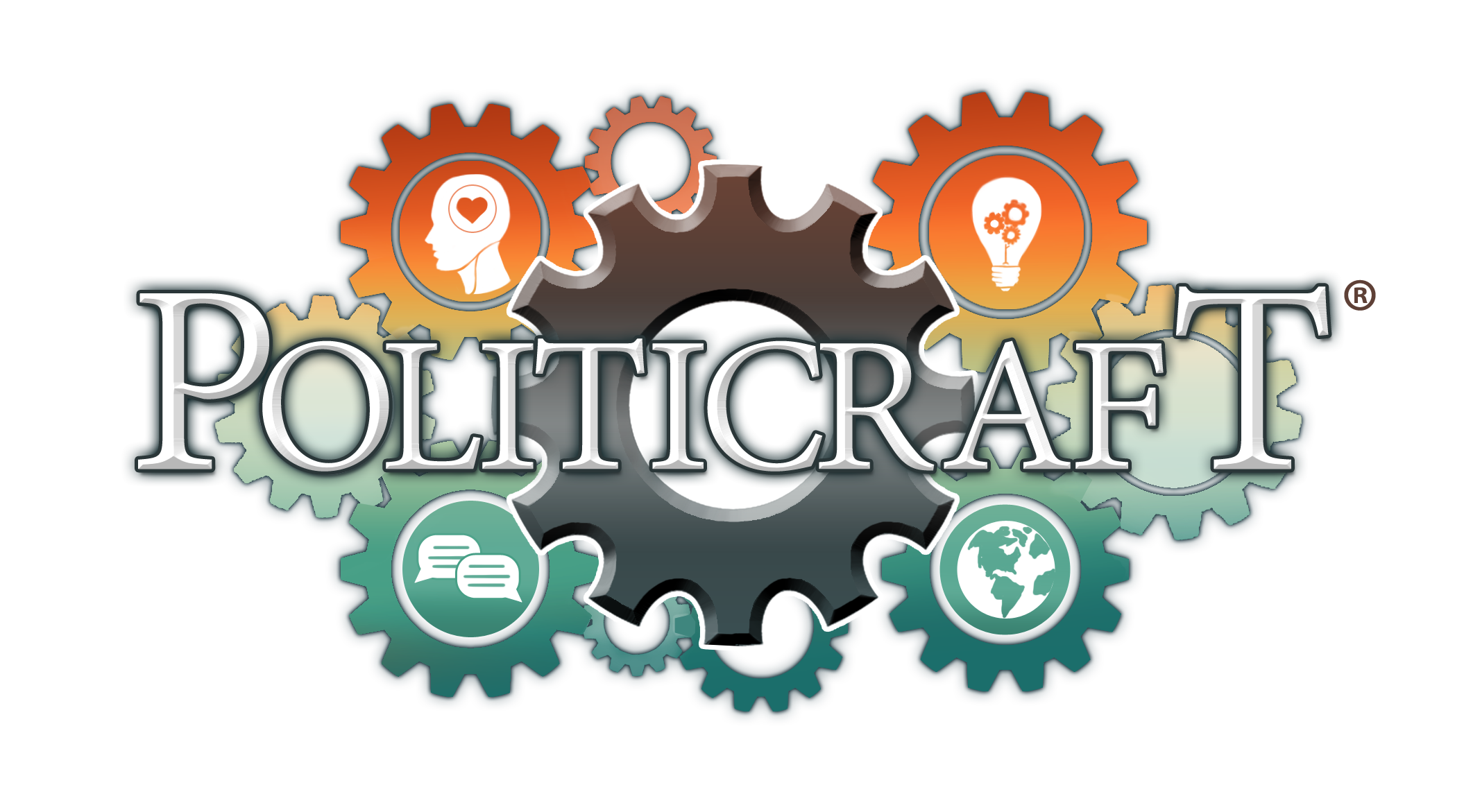The Importance of American Civics
Education is something that spans far beyond the classroom and long past the date of any testing that’s conducted to assess a student’s level of achievement. When it comes to civics education, that process isn’t something that always attracts the interest of a student, which can eventually be a detriment to the overall advancement of society.
The Intellectual Wall
In the area of American civics, the divide between those students who are interested and those who appear to reject the idea that such information is important can often boil down to economics. Those who are already in a comfortable position quickly discover that a civics education goes hand-in-hand with a political education, which will end up benefiting their interests. Meanwhile, those in need of governmental help usually fall by the wayside because of their lack of knowledge in this area.
Basic information, such as the number of Senators in Congress and the number of amendments in the Constitution, eludes far too many students who should be learning all they can about American civics. The main problem stems from the fact that political education of this sort that was previously mandated has been cast aside in favor of more marketable classes that provide information of fleeting value.
The Fallout of Apathy
The ramifications of being able to understand the value of learning about civics can usually be seen on Election Day, with the amount of people voting barely reaching half of the available electorate. In many cases, that number goes even lower and makes the level of civic engagement one in which the people who complain about things needing to change abdicate their opportunity to accomplish that feat.
Within the context of civics is also an unwillingness of many to understand the value of learning about American history. Critics reject such suggestions as merely consisting of a series of names and dates, which is a severe understatement that has the potential for dangerous circumstances for those who remain blissfully unaware.
The adage that those who fail to learn history are doomed to repeat it describes many in this category. Many who fail to detect similarities from past actions of politicians and others in a position of power will be the contemporary victims who have to pick up the pieces once the same mistakes emerge.
Limited Options
Current politicians, whether because of their ability to manipulate audiences or because of their own civic ignorance, can often seek to take steps that unfairly target demographic groups. Without a full grasp of their rights or the background to understand the basis for such actions, those audiences are at risk of having rights stripped away.
Get Them Young
Engagement when it comes to civics should begin during a student’s earliest years, when they’re more approachable when it comes to the learning process. To reach students at this age level, games and other seemingly unorthodox options may be the way to approach the situation. Capturing their attention at an early age will make it easy for more age-friendly enticements to take hold.
Taking the First Step
Creating an awareness of the value of civics education is something that PolitiCraft does every day. Our commitment to making sure that teachers and parents have the proper supplies available to not only instill a political education into students, but also gain a greater understanding of American civics, is what drives us. So we're here to help make sure that all Americans gain greater awareness about civics. Contact us to see how we can help.
